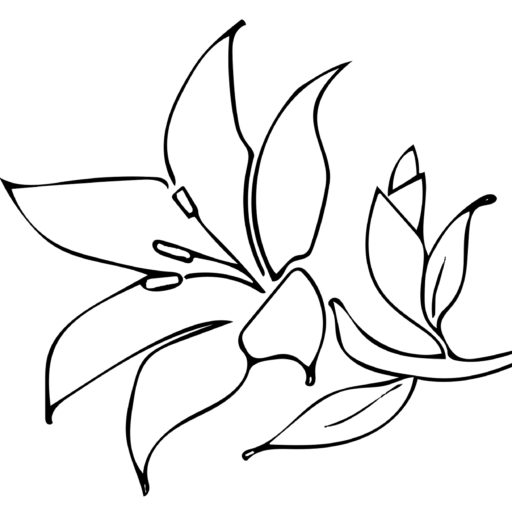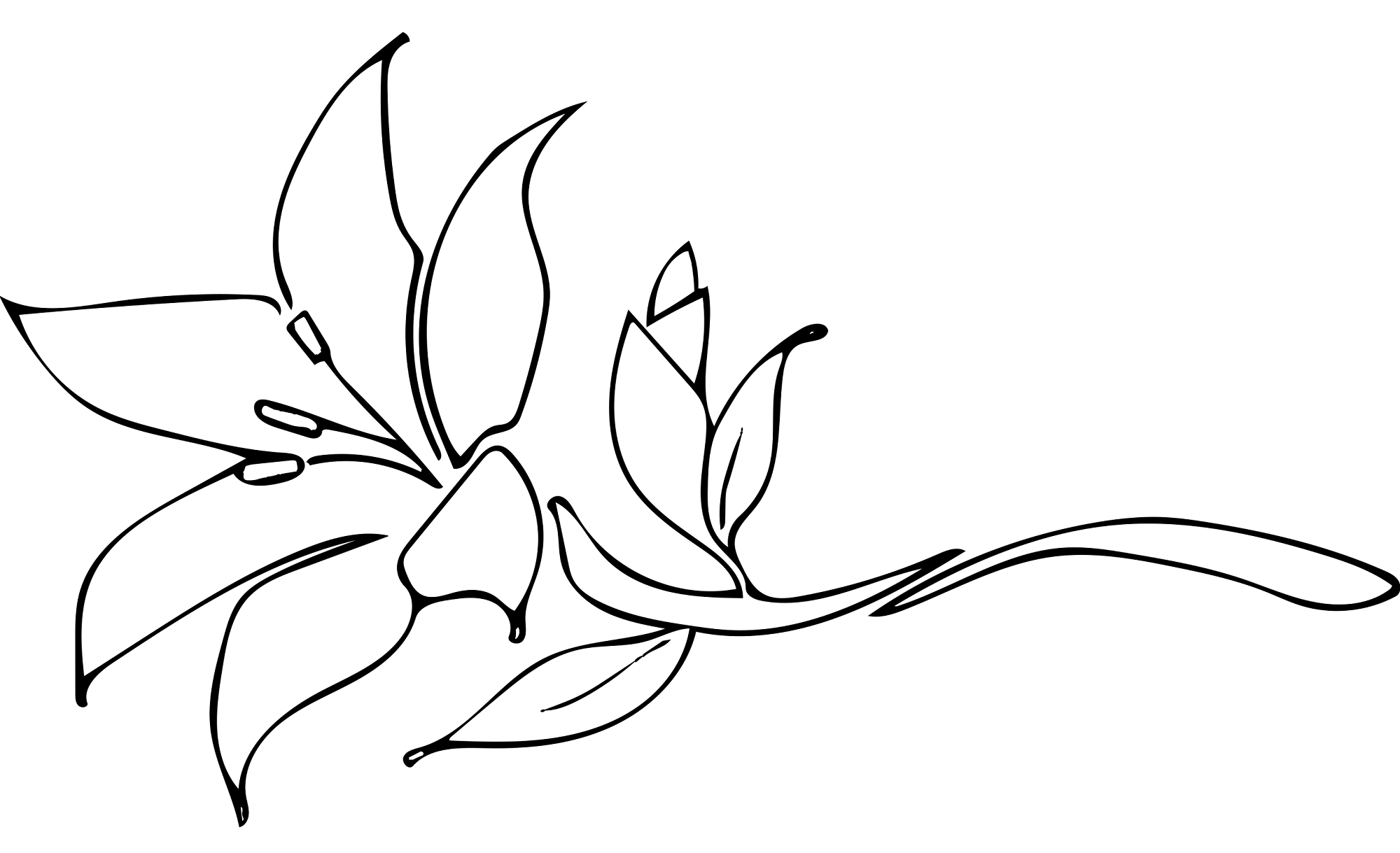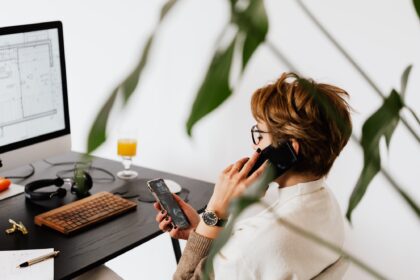It’s funny how we can’t get far in life before hitting a roadblock. And yet the more we learn, the more we realize the problems in our lives.
When I’m about to study for a hard test, I always start early. Not because I’m fanatically organized, but because I know I’ll need the time. When I first open a textbook, I feel like I have nothing to learn or already know enough. I’m not aware of how deep the topics are. Write an annotated bibliography in MLA format? Easy. Know the functions and physiology of respiratory muscles and cranial nerves? No problem. Until I open the textbook, or project, or assignment and try to understand it. Questions bloom left and right, and suddenly the deadline looks uncomfortably close. By the time I start feeling overwhelmed by a topic, I know I’m recognizing weaknesses in my understanding.
Knowing how much we don’t know also applies to life priorities, such as identifying deep weaknesses in ourselves. One of my greatest fears is to fail. Like, really fail. And to me that looks like not being accepted for the hard work I put into something. I like measurable, achievable goals I can work towards, and if the end result of a vision initiates no positive results or isn’t well received, life starts feeling cold and bleak. This sensation is pretty universal, and after some deep searching, I found an all-encompassing word to describe it: vulnerability.

We all have inner feelings of vulnerability. The innermost fear of revealing our greatest hopes and dreams and desires and abilities and being rejected, called not enough, or flat out ignored. That hurts. Our desire to be loved, or better, accepted, runs deep in our nature. We could reach for beauty, achievements (yep), money, or relationships to prove our value, but idolizing our strengths and putting calluses over pain is a tough way to live.
This internal conflict is thoroughly described in this presentation by Brené Brown, a researcher and storyteller interested in the principles of human connection. Her insights are supported by both personal experiences and years of research in the area. (Mild profanity warning).
The best way to establish confidence from vulnerability requires identifying the source of acceptance and love that runs deeper than any ability we have ourselves. When our identity is immovable across circumstance, we express the things we are good at as a tool to selflessly serve others. This creates an incredible impact on the lives of other people.
The fear of rejection from opening up about our struggles and pain is both understandable and normal to experience. Attempting to maintain an outward appearance of perfection leads to a super boring life and strengthens insecurity. A few posts ago I described the power of good writing, where relatable characters have complex lives. The peers, friends, or loved ones in our lives usually have weird quirks and unusual interests. Those things make people interesting and fun to be around.

So don’t treat a weakness, or an area you are ashamed of, as the final determiner of your self-worth. Is there a way to open up to someone you trust that will positively lift you up? Just as recognizing how much you know before an assignment improves studying, use your “weaknesses” as signs of places that need inner healing. Vulnerability can be a strength, and weakness a tool to encourage others.





